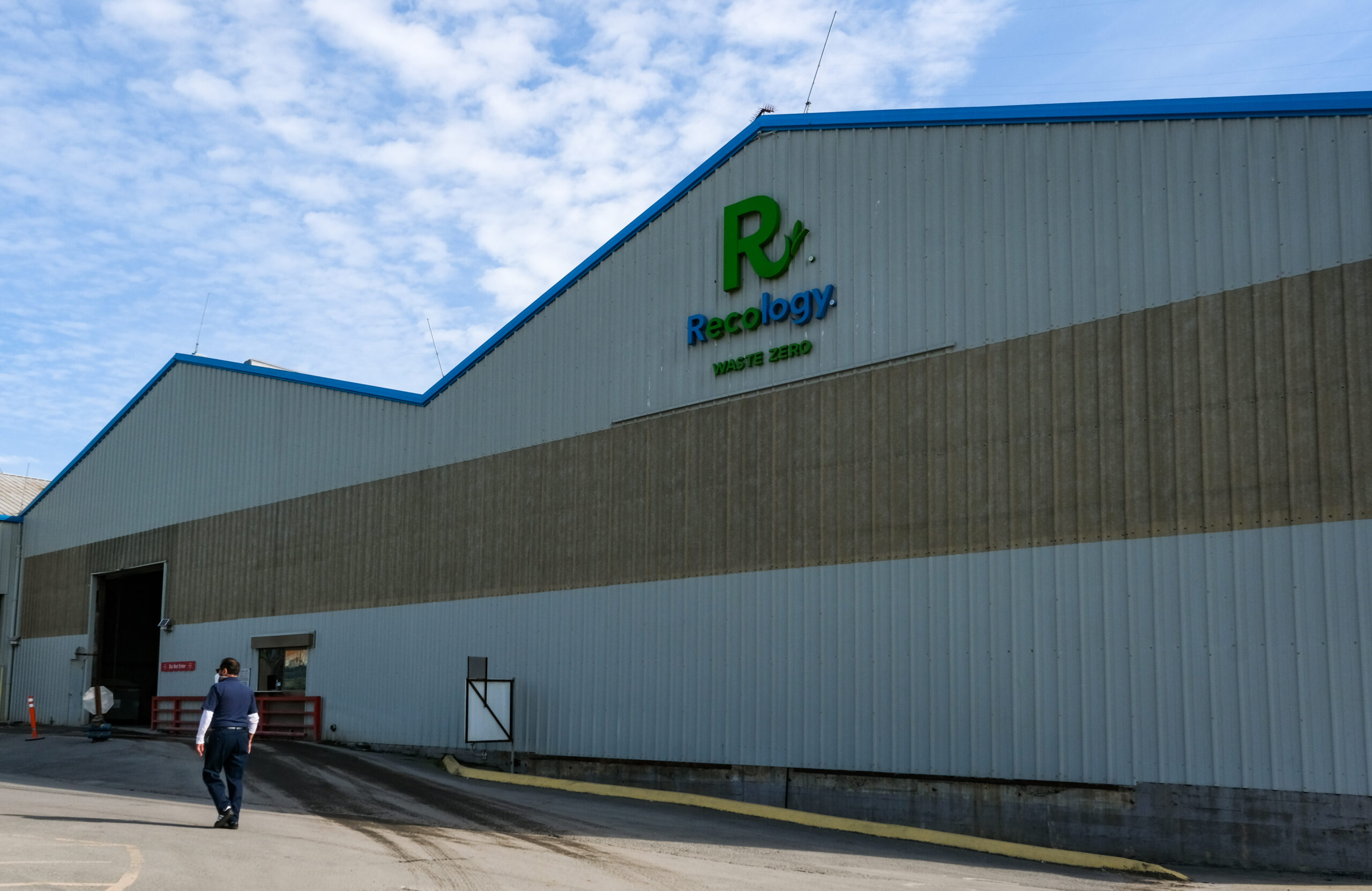City officials are investigating donations San Francisco’s environmental agency solicited from Recology as part of a broader anti-corruption probe into the relationship between the department and the embattled trash giant, The Standard has learned.
The City Attorney’s Office subpoenaed the fiscal sponsor for Friends of San Francisco Environment—the nonprofit fundraising arm of the city’s Department of the Environment—on Feb. 10 for potential evidence of ethics violations. The subpoena, issued to Oakland-based fiscal sponsor Community Initiatives, seeks documents dating back to 2015, including records of solicitations for donations and bank accounts held on behalf of the city.
The subpoena comes as City Attorney David Chiu and the Controller’s Office conduct a public integrity review into the Department of the Environment in the wake of the corruption scandal at City Hall that previously ensnared Recology and led to multiple criminal cases and high-level resignations. Both investigating agencies declined to comment on any specifics about the investigation, but Controller Ben Rosenfield confirmed that officials are reviewing the relationship between the Department of the Environment and Recology.
A spokesperson for the Department of the Environment, Joseph Sweiss, said the agency is “fully cooperating with the city attorney around the solicitation of publicly acknowledged donations that supported citywide Earth Day events.” Sweiss added that the agency “solicited donations from organizations that exemplify community and climate action.”
The Department of the Environment and Recology are closely linked beyond just donations for special events. The city’s environmental agency is largely funded through the rates San Franciscans are required to pay Recology, which has enjoyed a monopoly on garbage collection in the city for decades. The department also contracts with Recology and is a participant in the city’s process for setting garbage rates.
Recology has been a major player in the City Hall corruption scandal ever since federal authorities charged former Public Works head Mohammed Nuru in early 2020. The waste company and its executives were accused of bribing Nuru in exchange for his help in raising garbage rates. Three of Recology’s subsidiaries and one former company executive, Paul Giusti, have since admitted to criminal wrongdoing.
Recology did not respond to a request for comment for this story.
Among the most shocking revelations to come out of the scandal was former City Attorney Dennis Herrera announcing last spring that Recology overcharged San Franciscans nearly $95 million for garbage collection. Herrera attributed the over-billing to a calculation error in the rate process that allegedly went unchecked because of the cozy relationship between Nuru and Recology, which regularly made donations to nonprofits on his behalf.
The Department of the Environment became entangled in the scandal soon after, as Supervisor Aaron Peskin publicly alleged that its director, Debbie Raphael, either knew or should have known about the error that led to the overcharging as early as late 2018. Peskin later apologized after Raphael denied the allegation, saying she did not learn about the error until February 2021, the month before Herrera made his announcement.
It’s unclear what the newly issued subpoena will turn up, but city records show Raphael accepted gifts from Recology that apparently violated ethics rules meant to protect the public against conflicts of interest.
City law bars officials from accepting gifts from “restricted sources,” including those doing business with their department. Recology has a contract with the Department of the Environment to truck the city’s solid waste to a landfill in Solano County.
In annual gift disclosure reports, Raphael reported receiving a $60 ticket to a “Women in Leadership Forum” event from Recology in May 2017. The following year, Raphael reported three gifts from Recology worth $197 total: a $25 “annual dinner ticket;” $150 for the “Greenbelt Alliance Annual Gala;” and $22 for the “West Wing Grand Opening and Luncheon.”
This August, Raphael amended her gift disclosure reports for three prior years and admitted that she violated the restricted source rule. Violators of such rules can face civil penalties of up to $5,000 and even be charged with a misdemeanor, depending on the facts of the case.
“Realizing that Recology is classified as a restricted source, I accepted funds in excess of what was allowed,” Raphael wrote in her amended report for 2018.
Her changes included refunding $35 to Recology for 2017 and $125 to Recology for 2018 so that the gifts she accepted from the firm in either year did not amount to more than $25 on each occasion. The city’s restricted source rule includes an exemption that allows officials to receive gifts of no more than $25 at a time from restricted sources on up to four occasions a year.
Also last summer, Raphael disclosed for the first time having a dinner worth $25 at the Recology offices in January 2019 that she did not report at the time.
Raphael declined The Standard’s requests for an interview. Her spokesperson, Sweiss, said her disclosure reports were amended “as soon as light was shed on minor reporting errors.”
“Department staff are committed to transparency and following all current good government laws and guidance,” Sweiss said in an email.
But Supervisor Peskin called the gifts “classic quid pro quo corruption.”
“It is mindblowing that a city official wouldn’t know better,” Peskin said. “When your department is being funded by a company, you don't take gifts from that company. It’s just common sense.”
In addition to the gifts Raphael disclosed, city records also show the Department of the Environment reported a $6,400 donation from Recology to sponsor the agency’s April 2019 “SF Month of Climate Action.”If the department solicited the donation, doing so would not have been prohibited at that time under the city’s behested payments rules. Before January, officials were allowed to solicit donations from “interested parties” with business before them. But the Board of Supervisors voted to end the practice last December in response to the Nuru scandal.
